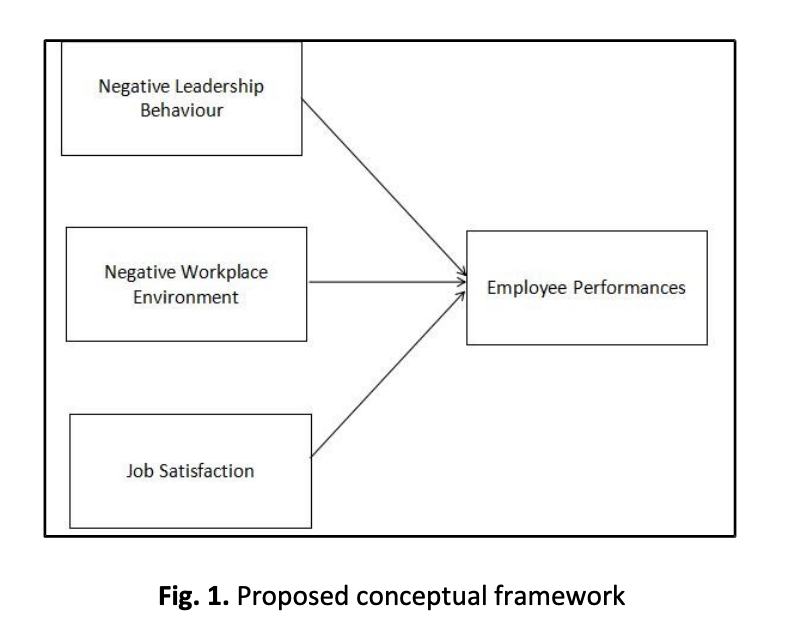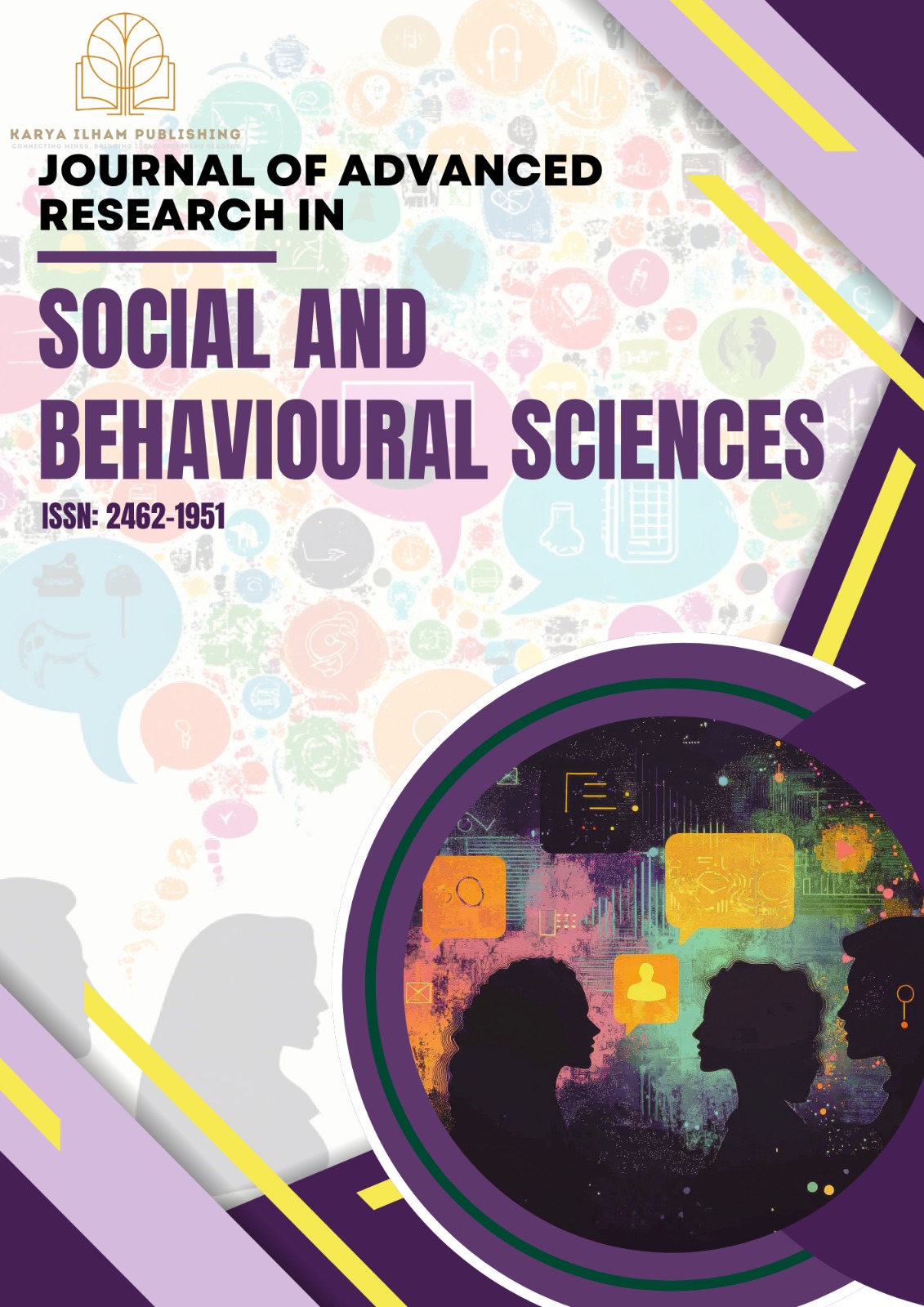Negative Leadership, Workplace Environment, and Job Satisfaction: A Conceptual Model of Employee Performance in Malaysia’s Fast-Food Industry
DOI:
https://doi.org/10.37934/jarsbs.39.1.6776Keywords:
Employee performance, fast-food industry, negative leadership, job satisfaction, workplace environment, Social Exchange Theory, JD-R Model, Organizational Support Theory, human resource management, MalaysiaAbstract
This conceptual paper examines how negative leadership behaviours, adverse workplace conditions, and diminished job satisfaction influence employee performance in Malaysia’s fast-food sector, with specific focus on Kedah. Despite employing thousands of operational workers, the industry continues to face high turnover rates and toxic workplace dynamics. Drawing on Social Exchange Theory (SET), the Job Demands-Resources (JD-R) Model, and Organizational Support Theory (OST), this paper proposes an integrated framework that explains the interrelations between poor leadership, employee well-being, and performance outcomes. The model posits that negative work environments reduce job satisfaction and performance, while supportive leadership and organizational support can mitigate these effects and enhance employee retention. This study contributes to the limited theoretical discourse on HRM in Malaysia’s hospitality sector and provides a foundation for future empirical validation and strategic HR interventions aimed at improving workforce stability and service quality
















